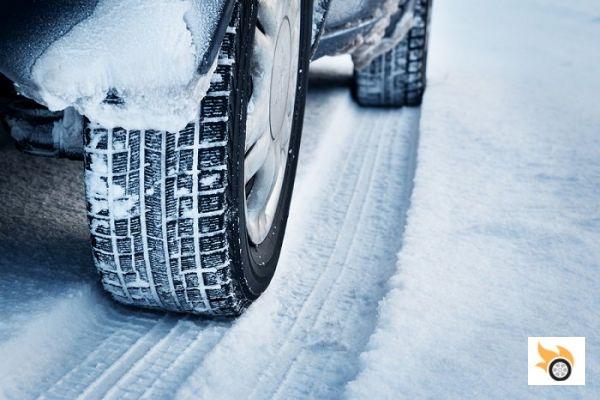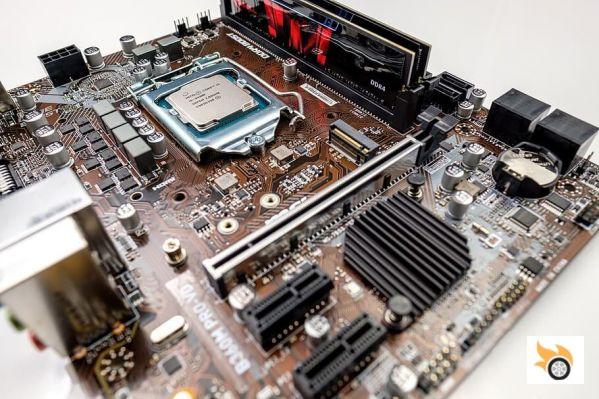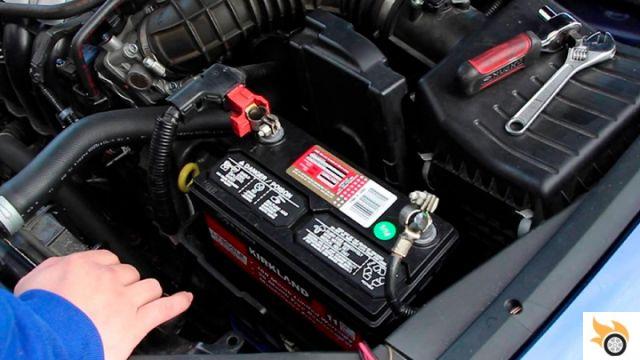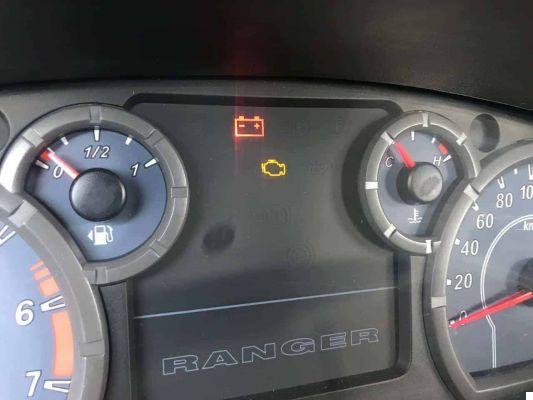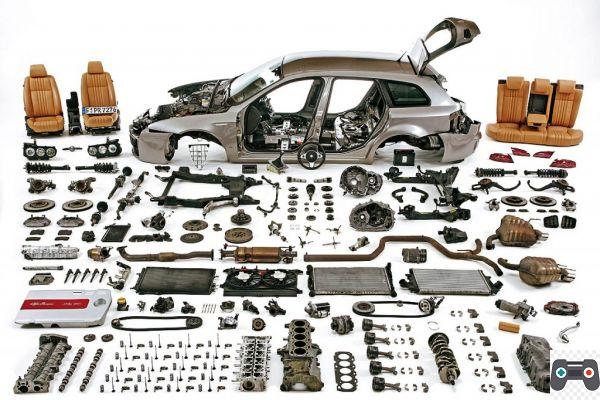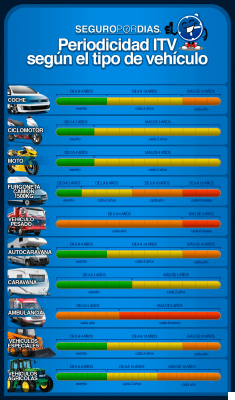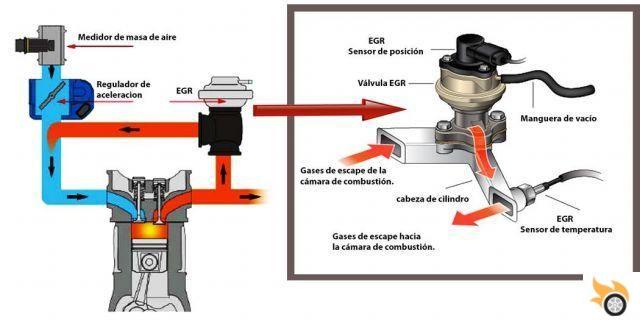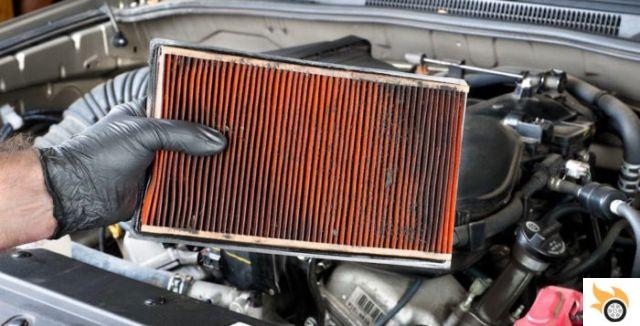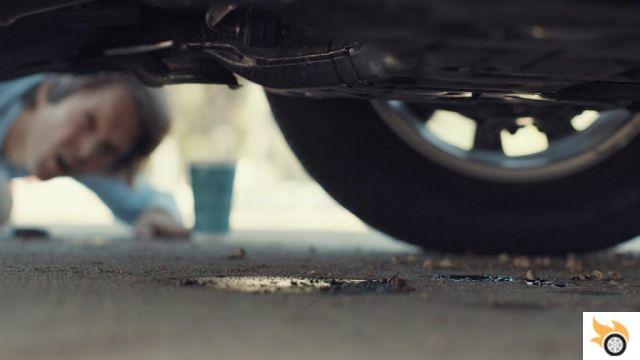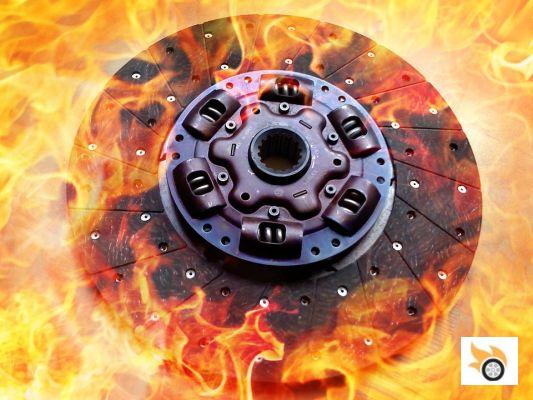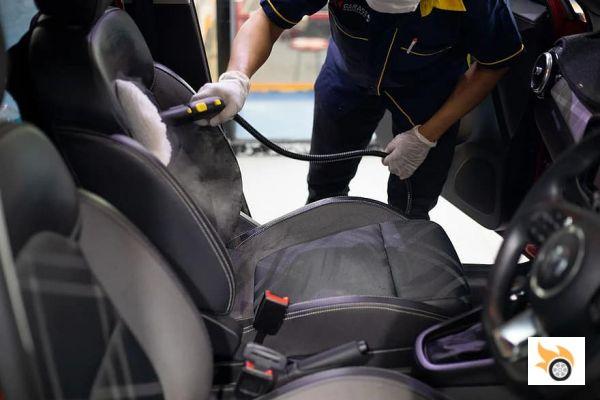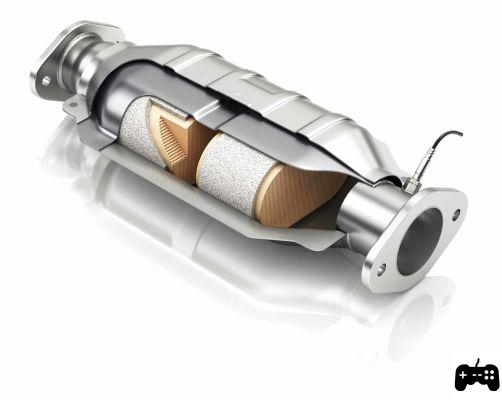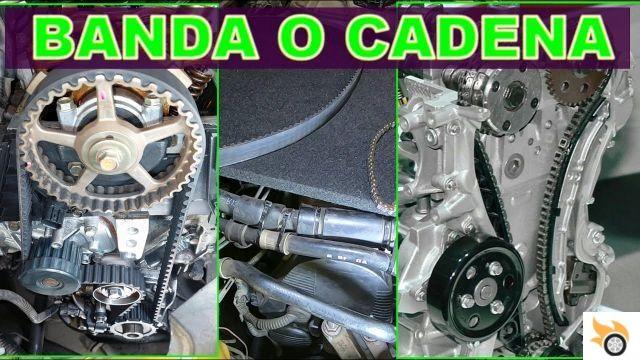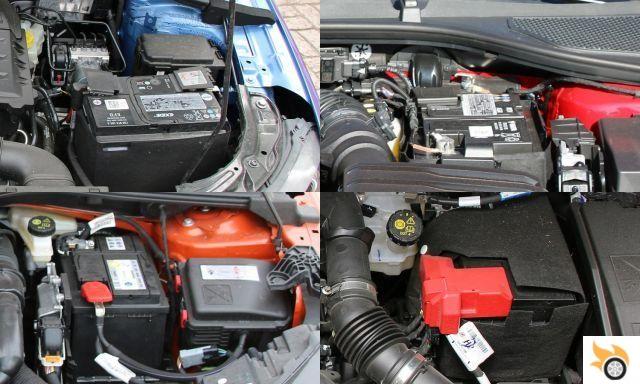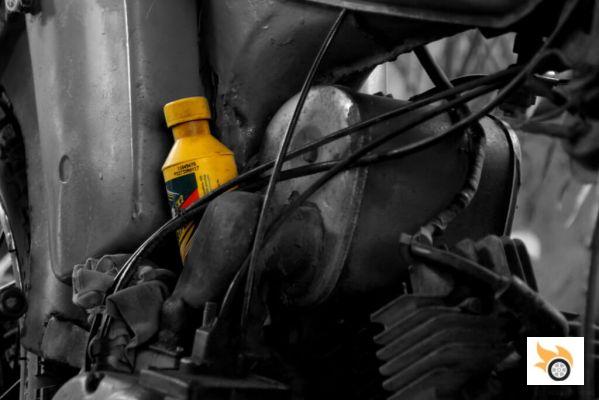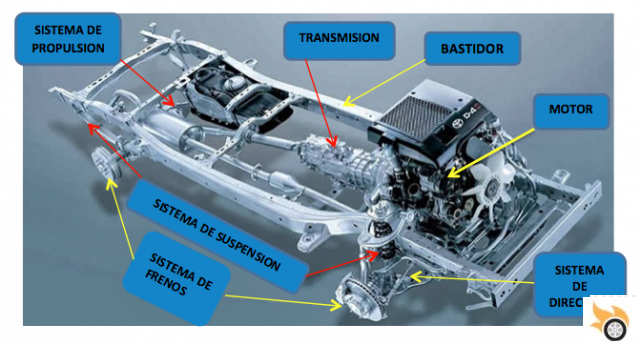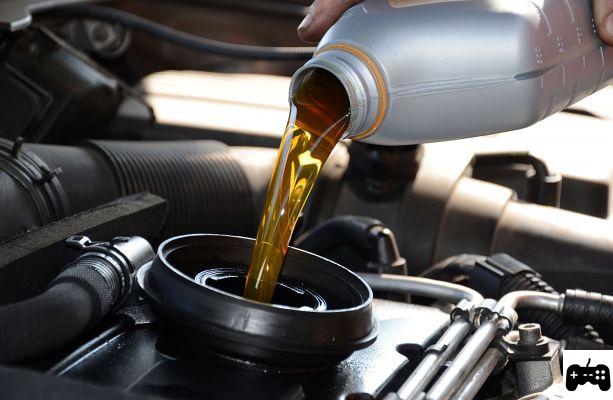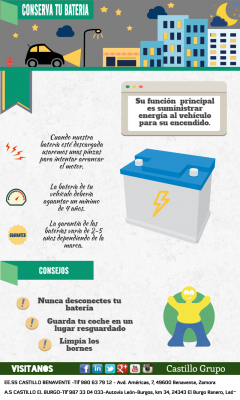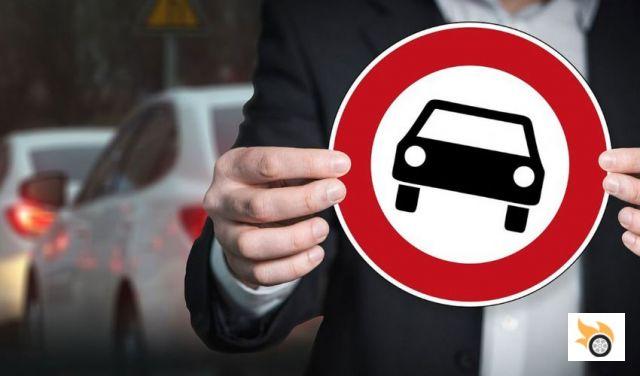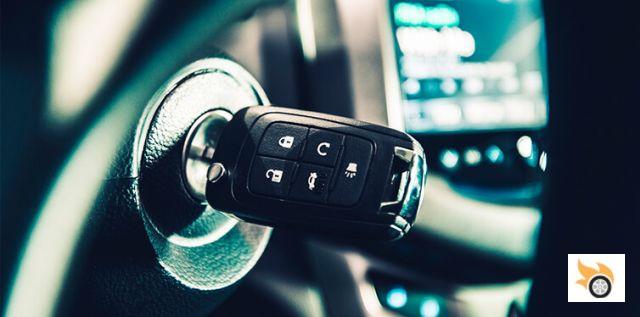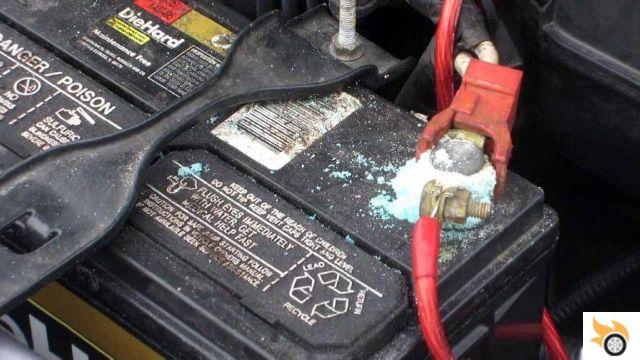
Introduction
The lack of liquid or water in a battery can have various consequences and it is important to know the symptoms of a low water battery, as well as the solutions to avoid major problems. In this article, we will answer the most common questions related to this topic and provide useful information to keep your car battery in good condition.
What happens if the battery runs out of fluid?
If your car battery runs out of fluid, there can be several negative consequences. First of all, a lack of fluid can affect the battery's ability to generate power and therefore can cause difficulties in starting the engine. In addition, a lack of liquid can damage the internal components of the battery, which can lead to a decrease in its useful life. Therefore, it is important to maintain an adequate fluid level in the battery to avoid these problems.
Symptoms of a low water battery
There are several symptoms that may indicate that your car battery is low on water. Some of the more common symptoms include:
- Problems starting the engine.
- Dim or flickering lights.
- Decreased performance of the electrical system.
- Higher fuel consumption.
If you experience any of these symptoms, it is advisable to check the water level in the battery and take the necessary measures to solve the problem.
How do you know if a car needs battery fluid?
To know if a car needs battery fluid, it is necessary to check the water level in the battery. Most batteries have a clear window at the top that allows you to see the fluid level. If the water level is below the battery plates, it is necessary to add fluid to maintain a proper level. It is important to use distilled water to prevent corrosion of the internal components of the battery.
What kind of fluid should be put in a battery that needs fluid?
The liquid that must be put in a battery that needs liquid is distilled water. Distilled water is free of impurities and minerals, which helps prevent corrosion of internal battery components. It is important not to use tap water or other types of liquids, as they may contain minerals that can damage the battery.
Consequences of lack of distilled water in the battery
The lack of distilled water in the battery can have various negative consequences. Firstly, it can cause a decrease in the battery's ability to generate power, which can result in difficulty starting the engine. In addition, a lack of distilled water can accelerate the corrosion process of the internal components of the battery, which can reduce its useful life. Therefore, it is important to ensure that the battery has enough distilled water to avoid these problems.
Causes of a battery dying when refilling distilled water
If a battery dies when refilling distilled water, there can be several causes. One of the most common causes is a lack of proper battery maintenance. Failure to regularly check the water level and add distilled water when necessary can damage the battery and eventually stop working. Another cause can be the use of non-distilled water, which may contain minerals and impurities that can damage the battery. Therefore, it is important to follow the manufacturer's recommendations and perform proper battery maintenance to avoid problems.
Frequently Asked Questions (FAQs)
1. How much distilled water should I add to the battery?
The amount of distilled water you should add to the battery depends on the existing water level. If the water level is below the battery plates, you must add enough distilled water to cover the plates. However, it is important not to overfill the battery, as this can lead to leakage and damage to internal components.
2. How often should I check the water level in the battery?
It is recommended to check the water level in the battery at least once a month. However, if you live in an area with extreme temperatures or use your car a lot, you may need to check the water level more frequently. It is important to maintain an adequate level of distilled water to ensure the proper functioning of the battery.
3. Can I use tap water instead of distilled water?
It is not recommended to use tap water instead of distilled water. Tap water may contain minerals and impurities that can damage internal battery components. It is important to use distilled water to prevent corrosion and prolong battery life.
Conclusion
Lack of liquid or water in a battery can have negative consequences on the performance and life of the battery. It is important to be aware of the symptoms of a low water battery and take the necessary steps to fix the problem. Maintaining an adequate level of distilled water in the battery and performing regular maintenance are key to ensuring the proper functioning of the battery and avoiding major problems.
We hope this article has been useful and has answered your questions about the consequences and solutions related to a lack of liquid in a battery. If you have any other questions or comments, feel free to leave them below. We will be happy to help you!
Until next time!
The Pistonudos.com team




